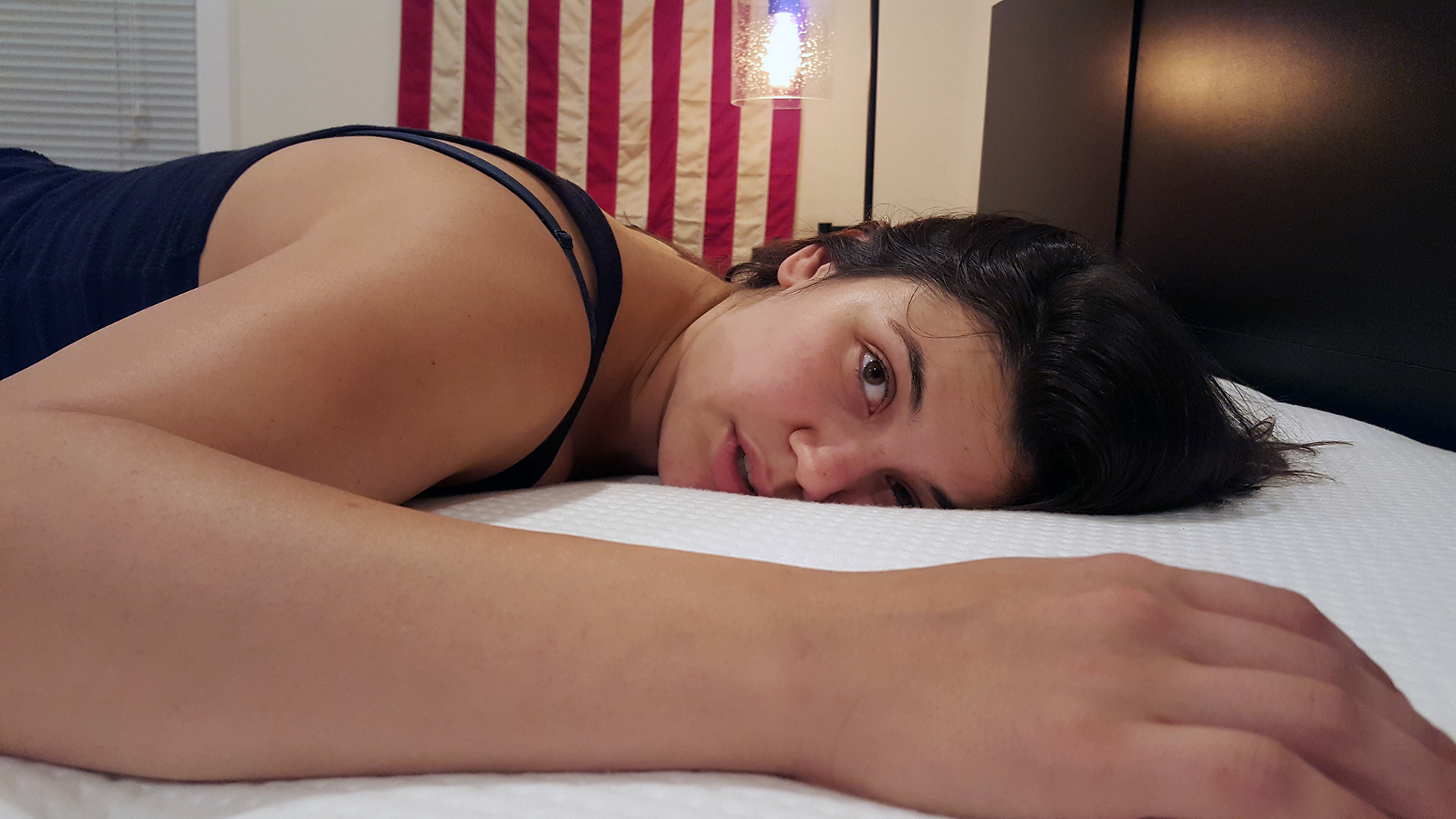Rest is vital. As humans, we need some shut-eye for a certain time per day to perform at optimal levels. Professional medical practitioners have advised a minimum of 6 hours of sleep for adults to be properly rested. Still, sometimes it may be difficult to get even half of that due to insomia.
In this article, we’re going to discuss the basics of Insomnia and point out a few ways to deal with the condition and get your “Zzz’s” back, so keep reading.
What Is Insomnia?
Insomnia is a sleeping disorder characterized by difficulty falling asleep or staying asleep long enough to make you feel well-rested and refreshed. People suffering from Insomnia usually lie awake in the middle of the night, find it hard to sleep at night, have poor concentration, can’t nap in the day despite feeling tired, irritable, and drained during the day.
The severity of this disorder ranges from occasional(a few nights) to persistent(for months up to a year) depending on several factors like family history and medication.
Causes Of Poor Quality Of Sleep
• Poor sleeping environment: Your building’s location could be in a busy area that is noisy at night, disrupting your snooze. Uncomfortable beds, unfavorable temperature, and bright lights are also possible elements.
• Lifestyle choices: Did you know stress can make you too tired to sleep? It sounds crazy, but it’s a real thing. Factors like jet lag, night shifts, drinking caffeine or alcohol before bed can also disturb your sleeping pattern.
• Health conditions: Mental disorders like depression and schizophrenia have been shown to affect the length and quality of sleep. Stress and anxiety are also potent causes of irregular sleeping patterns.
Different Ways To Prevent Insomnia And Sleep Properly
Luckily, Insomnia is a condition that can be self-diagnosed, and there are several things you can do to help you get a good night’s rest. They include:
- Invest in weighted blankets
Weighted blankets have been long used as a sleep aid and help reduce anxiety in children and adults. They have an interior lining that is packed with equally distributed weight and special cooling materials which exerts deep pressure stimulation, the firm, and gentle pressure you get from a massage.
The hugging sensation from a weighted blanket keeps your body still while asleep, resembling the calm feeling of being held, which works wonders for many people.
- Schedule your sleep
It may seem counterintuitive to have a specific time for sleeping and waking up because you feel you should only sleep when you’re tired.
But having a daily set time for some shut-eye removes the pressure of falling asleep and helps rewire your brain to form a regular sleeping pattern which is the one thing Insomnia takes away from you. Scheduling your sleep helps readjust your mind and body to achieve a more predictable sleeping cycle.
- Remove bad nighttime habits
There are many destructive habits that most people have, which disrupt their sleeping patterns by reducing the quality of sleep or inhibiting the ability to fall asleep. Nicotine from cigarettes is a major hamper on sleep; consuming alcohol, caffeine, and heavy meals before bed also negatively affects your sleep.
Avoiding these habits will undoubtedly help you achieve a better night’s rest as your body isn’t chuck full of stimulants or busy digesting food. Also, stop watching TV or using your phone at least an hour before bed to help prepare your mind and body for bed.
- Make your environment work for you
Your body and mind both react to the surroundings when it comes to our sleeping cycles; that’s why most people find it easier to sleep at night than during the day. This is because our brains register the day’s sunlight to move around and the darkness of night as a time to rest. So turning off the light bulbs in your room and investing in thick curtains or blinds could help improve your sleep.
Making use of earplugs and eye masks as they are also good insulators from invasive sounds and light, which could disturb your sleep. Relaxing music like white noise, smooth jazz, and meditative flute sounds help too.
Your sleep quality depends on many factors, but fortunately, most of them are controlled by you. Consider writing a journal to help clear your thoughts before going to bed and try to self-reflect and observe the causes of your lack of sleep. If this problem persists after a few days, you may need to see a professional; remember, we have batteries too.


